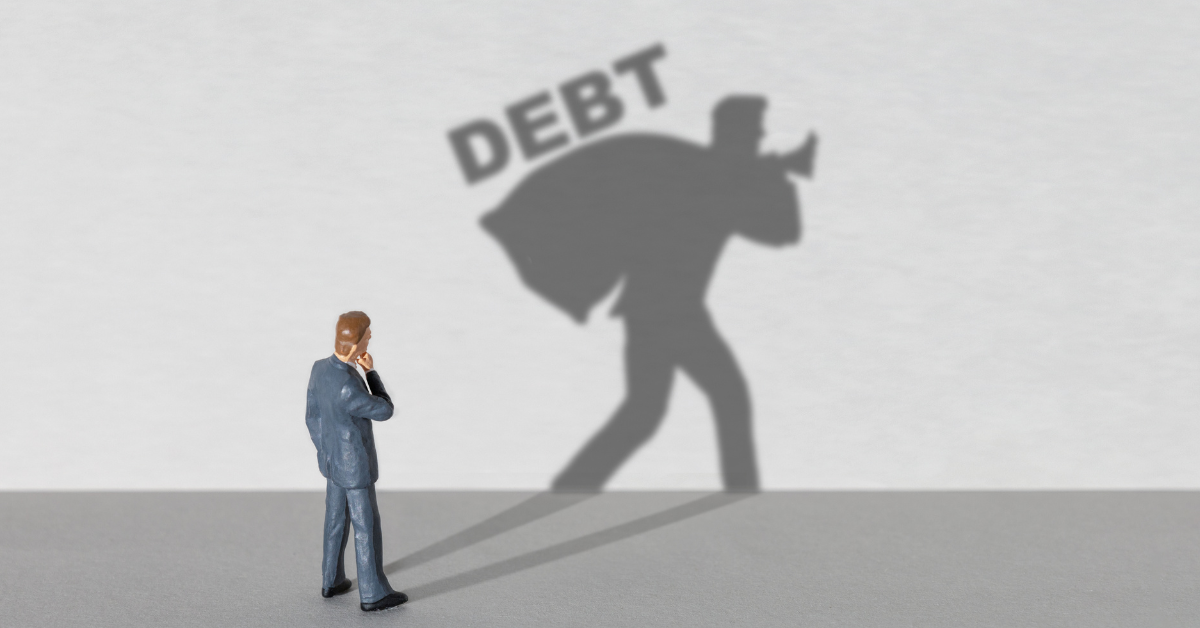ATO Sets Sights on Directors as It Aims to Claw Back Tax
Watch out, company directors, because the Australian Taxation Office may well have you in its sights.
Speaking at the 2023 Tax Institute Summit in Melbourne, the Deputy Commissioner of Taxation, Vivek Chaudhary, raised concerns over a steep rise in corporate debts—fuelled in part by the impacts of the COVID-19 pandemic.
“Where we see businesses behind with tax, there is a fair chance they are also falling behind in payments to creditors, suppliers and even employees,” Chaudhary told the summit.
“This is not good for those directly impacted, the tax system, or the business itself.”
Tax debts have surged by a whopping 89% to more than $50 billion as of June 2023, leading the ATO to take increasingly aggressive steps to claw back some of that cash.
Of that debt, more than $5 billion is owed by companies who now run the risk of receiving Director Penalty Notices (DPNs), with Chaudhary criticising those businesses for using the ATO as “a low-interest loan facility”.
“It’s not fair for businesses with large outstanding debts to continue to use the ATO as a low-interest loan facility and it’s clear that disclosing business tax debts provides strong incentives for engagement with the ATO regarding these debts,” Chaudhary said.
“Our use of Director Penalty Notices and the opportunity to disclose business tax debts have already shifted the business landscape in relation to ATO debt recovery.”
The ATO sent out a total of 23,246 DPNs last year—a rise of almost 5,000 on the previous year—with the tax office increasingly targeting company directors as part of its debt recovery efforts.
The ATO has the power to convert a company’s tax debts—including PAYG, GST, and superannuation debts—into personal liabilities for company directors, as well as divulge tax debts to credit report bureaus.
In July, the Australian Securities and Investments Commission also revealed that 7,943 companies had either entered administration or had a controller appointed during the 2022-23 financial years—a 60% increase on the previous year.
Chaudhary says that while the ATO is often a major creditor, winding-up a business was often the agency’s last resort.
“We do not make the decision to commence wind-up proceedings lightly, and this is only after the company has been afforded ample opportunity to re-engage and address its debts,” he said.
But it’s the tax office’s decision to claw back debts through director penalty notices that represents a shift in strategy, with Chaudhary stating the ATO had brought in “more than half a billion dollars” from business clients who paid in full after the agency threatened to disclose their debts.
If you’re worried about your business tax debt or you need some help with your company taxes, send us an email to schedule a chat.








